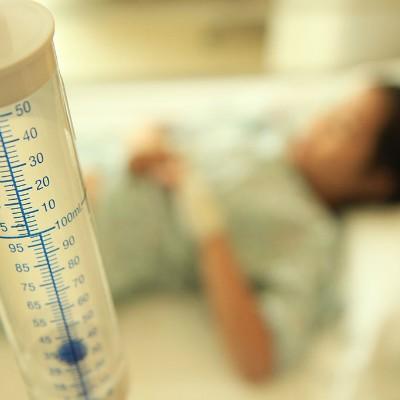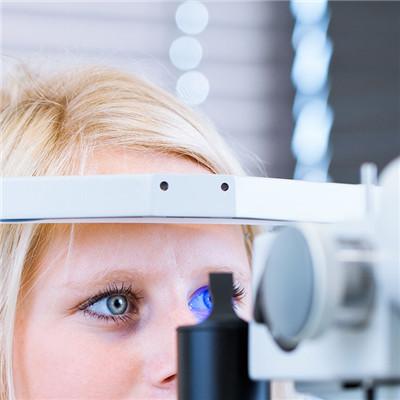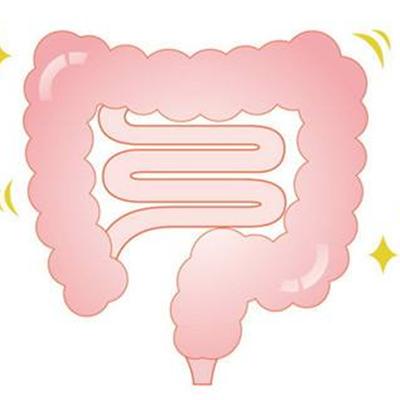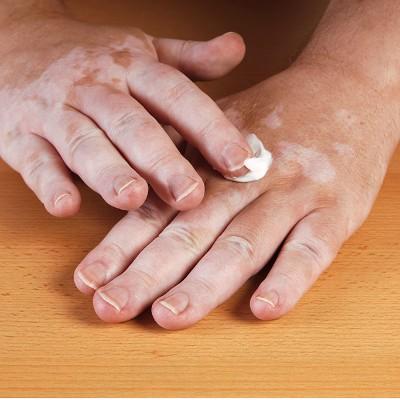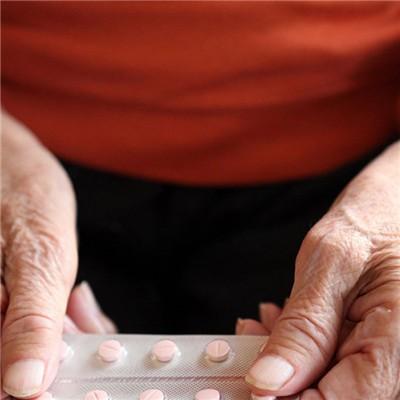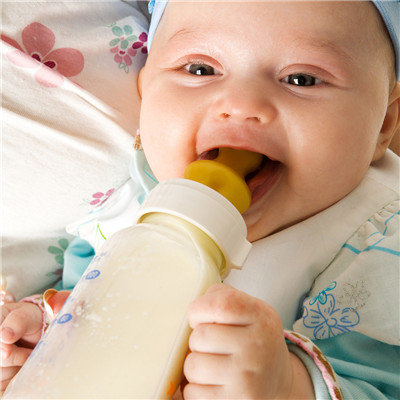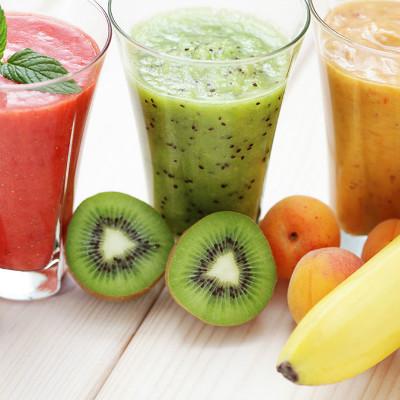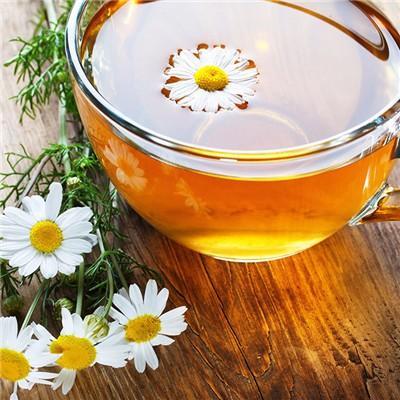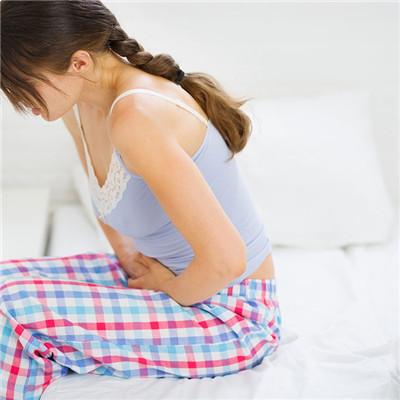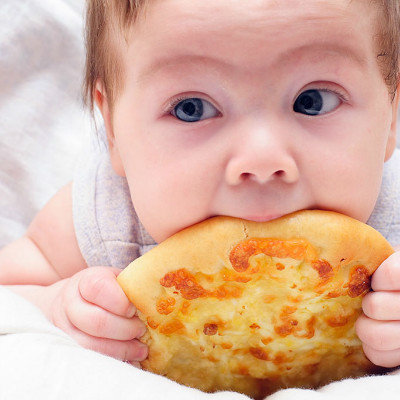What can acute gastroenteritis eat
summary
Acute gastroenteritis is an acute inflammation of gastrointestinal mucosa. The main clinical manifestations are nausea, vomiting, abdominal pain, diarrhea, fever and so on. This disease is common in summer and autumn, and its occurrence is mainly due to improper diet, overeating, or eating raw, cold, rotten and dirty food. So what can acute gastroenteritis eat?
What can acute gastroenteritis eat
What to eat for acute enteritis? The early stage of enteritis is the stage of acute congestion, edema, inflammation and exudation of the intestine. At this time, the intestinal peristalsis is active or in a spasmodic state, and its digestion and absorption function is relatively weak. Therefore, within 8-12 hours after the onset of the disease, patients can eat liquid food, such as rice porridge, lotus root powder, egg batter, fine noodles, stewed thin noodles, etc. If diarrhea is serious or sweating is more, the patient should drink more soup, such as rice juice, vegetable soup, fruit juice, light salt boiled water, etc. to supplement the lack of water, vitamins and electrolytes in the body.
What's good for acute enteritis? Patients with acute gastroenteritis in the improvement stage of enteritis can eat some liquid or semi liquid food which is easy to digest and rich in nutrition, such as rice porridge, noodles, steamed egg soup, salted biscuits, etc. It is advisable to eat less and more meals, 4-5 times a day. It should be noted that it is not suitable to drink milk and eat a lot of sugar at this time, because these foods are easy to ferment and produce a lot of gas after entering the intestinal tract, causing abdominal distension and abdominal pain, increasing the suffering of patients. In addition, milk contains more fat, which can lubricate the intestinal tract and enhance intestinal peristalsis. It can increase the burden of the intestinal tract and is not conducive to the disease.
What to eat for acute enteritis? During the recovery period of enteritis, due to the changes of gastrointestinal tract, especially the pathophysiology of intestinal tract, the intestinal tract is very sensitive to food. Therefore, special attention should be paid to diet control. It is advisable to eat light, soft and rotten, warm food on the diet, and avoid eating fat, fried, cold and hard food and multi fiber food, such as celery, leek, garlic, etc. After 2-3 days of recovery, you can eat according to the normal diet.
matters needing attention
No smoking, no drinking. Keep the room ventilated and prohibit all spicy food. Appropriate to eat less meals, usually with hands clockwise soft touch abdomen.
